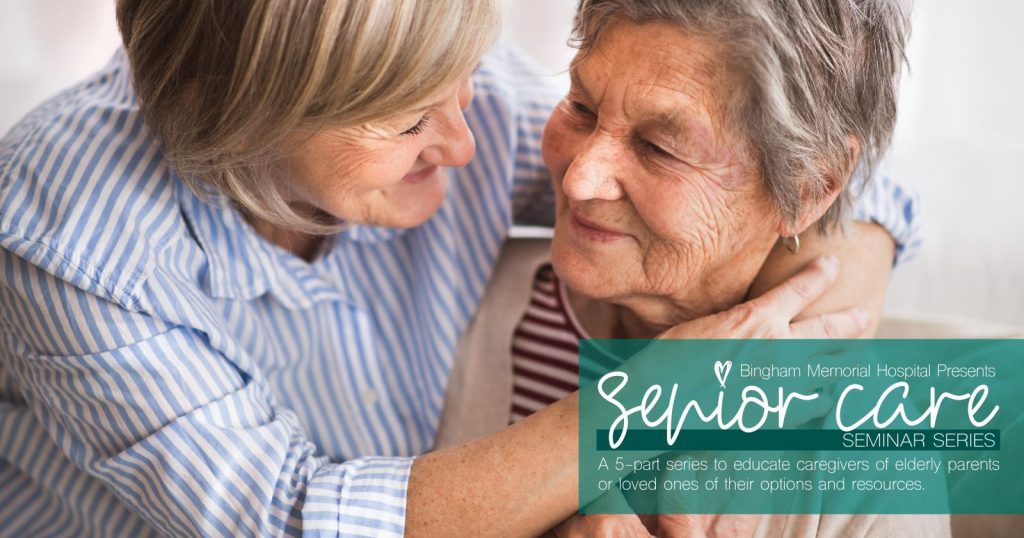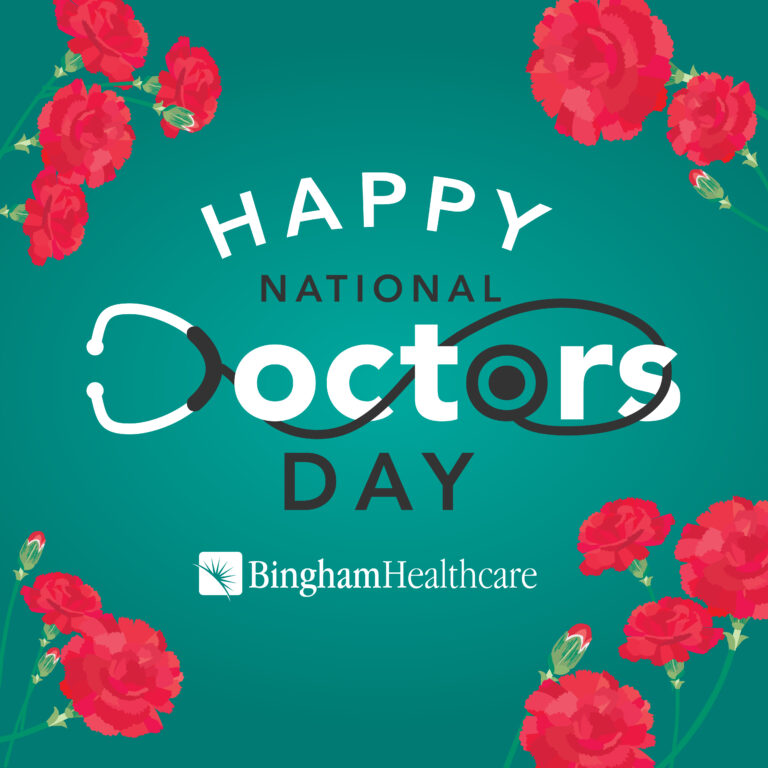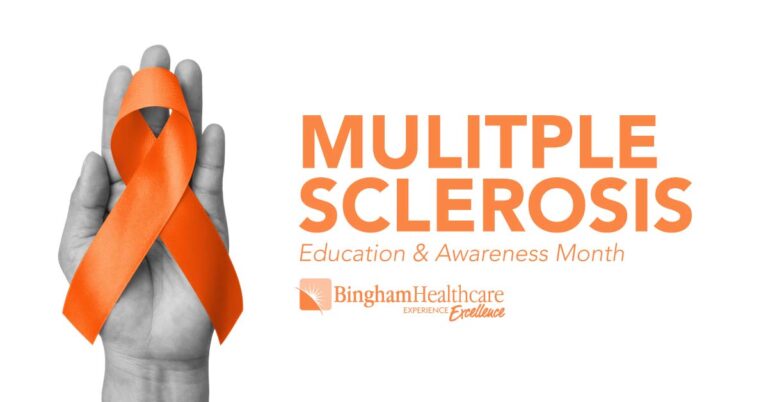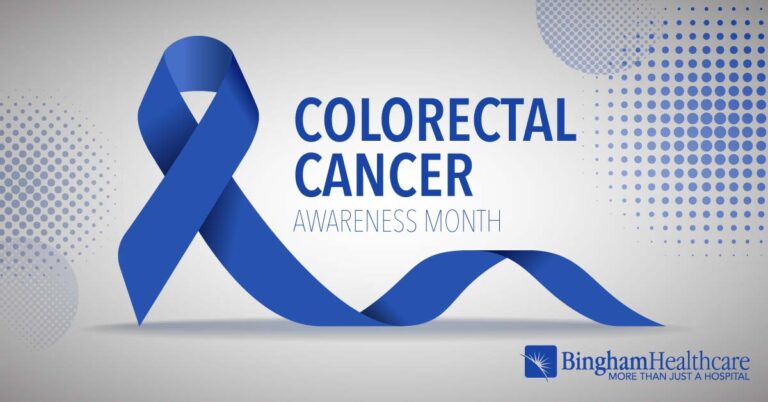
Options for Elderly Care
What you should know about caregiver options before your loved ones need it
As Hannah approached her 50th birthday, she noticed that her parents—both still alive and now in their 70s—were getting older. Her mother had begun to repeat herself and had bouts of dizziness resulting in worrisome falls, while her father had trouble mustering the energy to get off the couch. Worried, as she watched her parents age before her eyes, she reached out to her siblings to have the talk, and asked the very difficult yet important question: “What are we going to do with mom and dad?”
As adult children, we may not comprehend the extent to which our parents’ aging will affect them. An overall decline in physical and mental viability may happen subtly or produce drastic changes to their appearance, their quality of life, and emotional well-being. They may be fine one day, and fall—breaking their hip the next to change their circumstance dramatically.
To be prepared for this inevitable situation, arming yourself with the information you’ll need when the time comes is crucial. The essentials necessary to the dignity, physical, and emotional well-being of elderly parents is to meet their daily living requirements adequately. These essential activities include:
- Bathing
- Dressing
- Functional mobility
- Personal hygiene
- Self-feeding
Other activities, not necessarily fundamental, but undoubtedly related to independent living, involve cooking or preparing meals, cleaning and maintaining the home, shopping and buying necessities, running errands, managing money and paying bills, communicating, and taking prescription medications.
If a parent has impaired mobility or health issues that makes it difficult or impossible for them to take care of these activities, it’s time to look at possible health agency offerings to keep them in their home or find another option where they are comfortable. Questions to answer are: will they be able to stay in their home with some outside agency help? Will they be living with a relative, moving to an independent living community, an assisted living community or will they need a nursing home?
For many, the decision isn’t a pleasant one and may be pushed off until something happens, such as a fire in the home, a fall, or undeniable dementia. When these events occur, adult caregivers may only have a few days to make these life-altering decisions. One in a string of difficult choices you’ll be asked to make which will most certainly change your relationship with your parent(s). You may want to move them out of a house they’ve lived in for most of their life, and there may be residual anger towards you when they don’t want to leave their home.
As a potential caregiver, the more aware you are of how aging can affect your parents, and what options are available to help you along the way, can provide some peace of mind when the time comes to making these hard decisions.
How do you know when your loved ones need increased care? And where do you find out what help is available in your area?
The support you need to make the right healthcare choices.
At Bingham Memorial Hospital, we understand that it’s best to take action before the health of your parents starts to decline. Knowing what options are available can reduce the amount of stress associated with making end-of-life decisions. While it may be difficult and uncomfortable, talking about these questions early will help you and your parents prepare for the switching of roles and will ensure your parents are safe and cared for.
To be sure you’re as prepared as possible, you and your loved ones are invited to attend a free, monthly Senior Care seminar series, proudly sponsored by Bingham Memorial Hospital. Over the next five months, Bingham Memorial specialists will explore what adult caregivers need to know before their parents reach the point that they need on-going care.
For more information, or to register for one of our free seminars, please call (208) 782-2886 or go to: BinghamMemorialSeminars.com/Senior-Care



